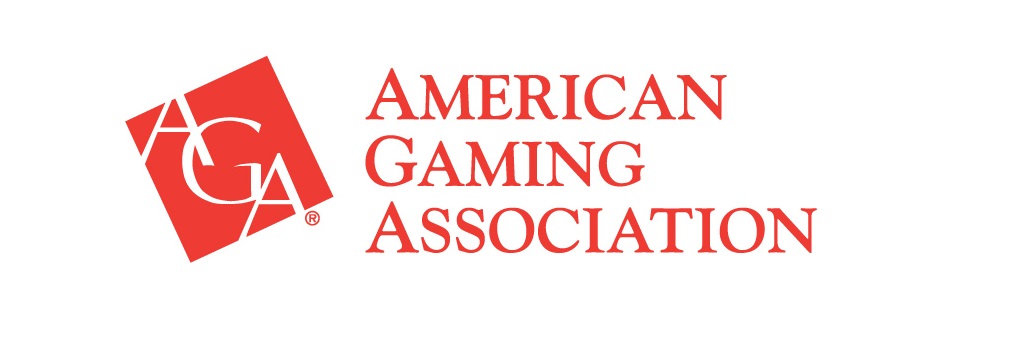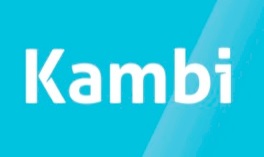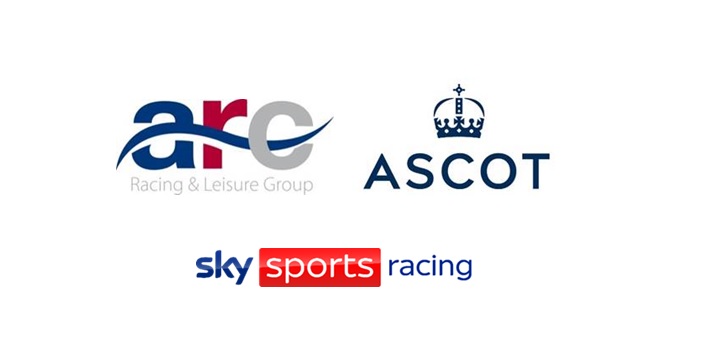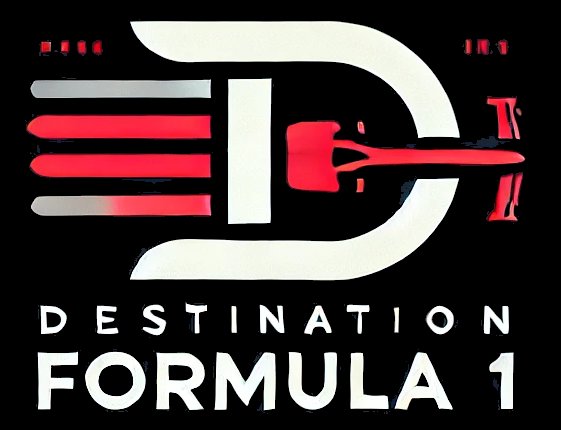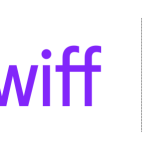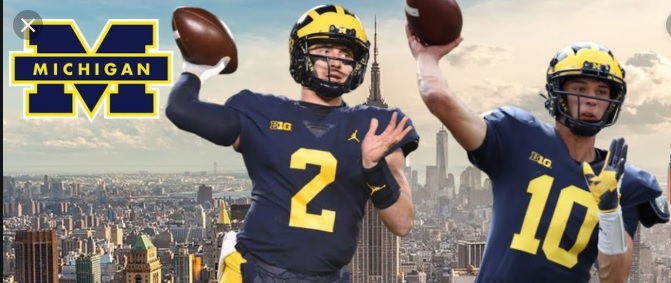
Leaders of Michigan’s Indian tribes, whose support could be crucial to allowing sports betting in Michigan, are generally on board with legislation that has passed the state House and was taken up for the first time by a Senate committee Tuesday, says the bill’s sponsor Rep. Brandt Iden, who still hopes the bills can pass before the end of 2019.
Bills that include the legalization of sports betting and online gaming were heard in the Senate Regulatory Reform Committee, with no action being taken.
Without support from some of the tribes that have signed casino compacts with the state, legalizing sports betting in Michigan has the potential to create a state revenue hole, rather than being a moneymaker, as planned, according to the Detroit Free Press.
The tribes paid $53.4 million in gaming proceeds to the Michigan Economic Development Corp. and the Michigan Strategic Fund in 2018. That’s more than the $16 million to $20 million annually in taxes and fees that sports betting is expected to generate for the state and the city of Detroit.
The House Fiscal Agency agency, in a September analysis, set out a potential “downside risk” of allowing Detroit casinos and tribal casinos to start accepting wagers on sporting events. The tribes could view sports betting as an expansion of gambling they have not sanctioned, the analysis said.
“Instead of offering sports betting,” tribes with casinos could view the legislation as a violation of their compacts with the state and “elect to simply stop making revenue-sharing payments” to the state, the analysis said.
The sports betting legislation is part of a package of Internet gaming bills before the Legislature. It may move more quickly than the other bills, however, since it is seen as tapping a potentially new market through a type of wagering that does not currently exist legally in Michigan, unlike games such as Internet slots or poker, which have live versions already offered in brick and mortar casinos.
Among the concerns is that sports betting could take revenues away from the Michigan Lottery, which would hurt the School Aid Fund. Also, Gov. Gretchen Whitmer, who could veto the bill, says the 8.75% tax rate proposed for sports betting is too low.
Rep. Brandt Iden, R-Oshtemo Township, the sponsor of House Bill 4916, said the tribes support the legislation and want to participate in sports betting through their casinos, provided they all can do so on a level playing field. “I’ve worked for the past four years very directly with the tribes,” Iden said Monday.
Some have expressed concern that tribes would be at a disadvantage on sports betting because they don’t have the advanced technology a big Detroit casino such as MGM does. But Iden said the tribes can hire operators who have the technology to administer sports betting and it’s a chance for them to draw on a statewide betting market, rather than just those who live near or visit what are in many cases the small northern communities where they are located.
The state has entered into gaming agreements with 12 Michigan tribes, which have resulted in 24 tribal casinos.






